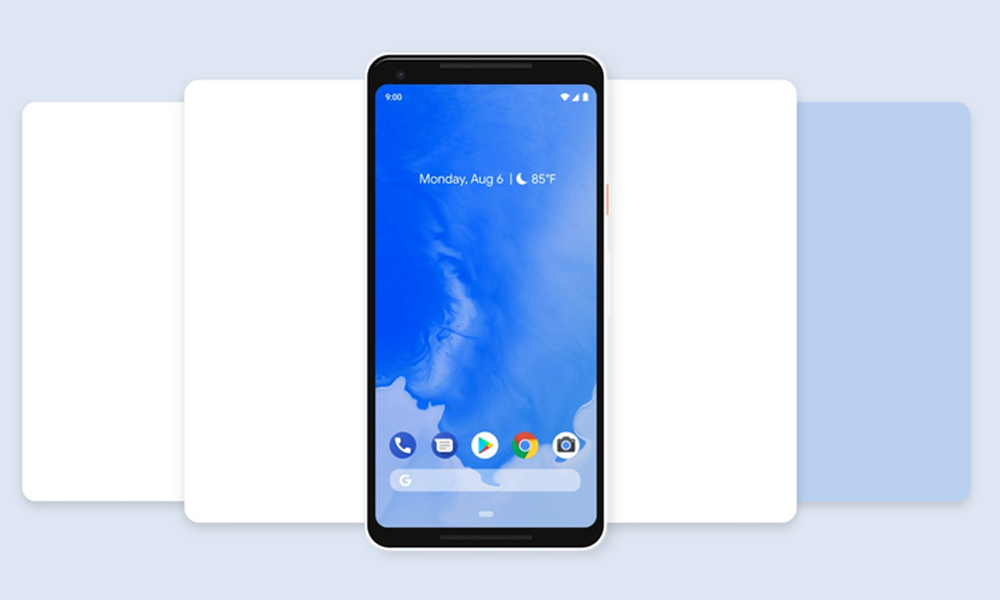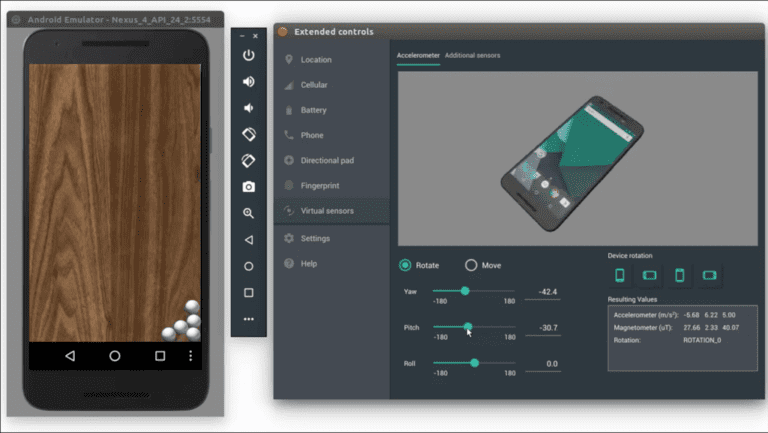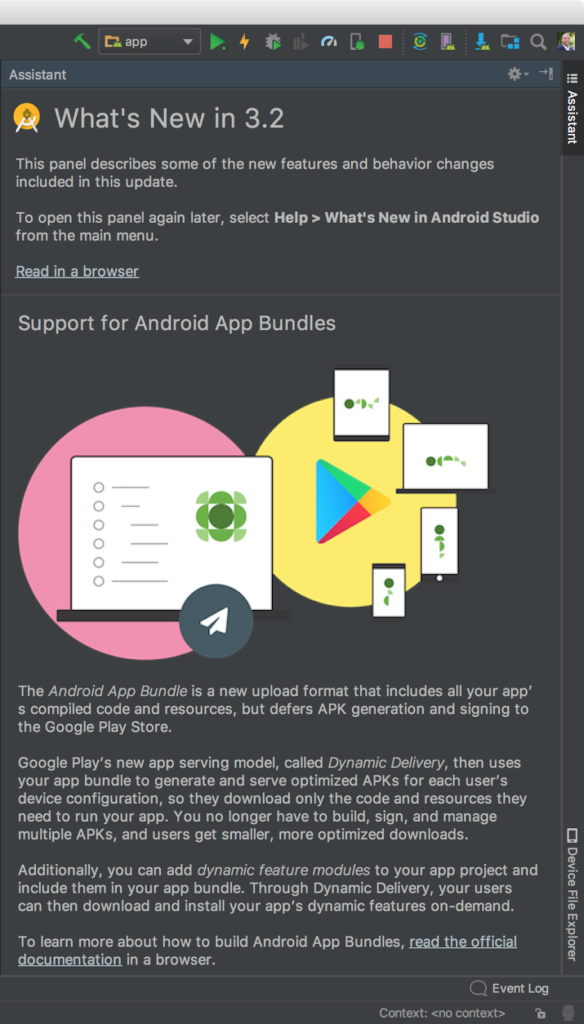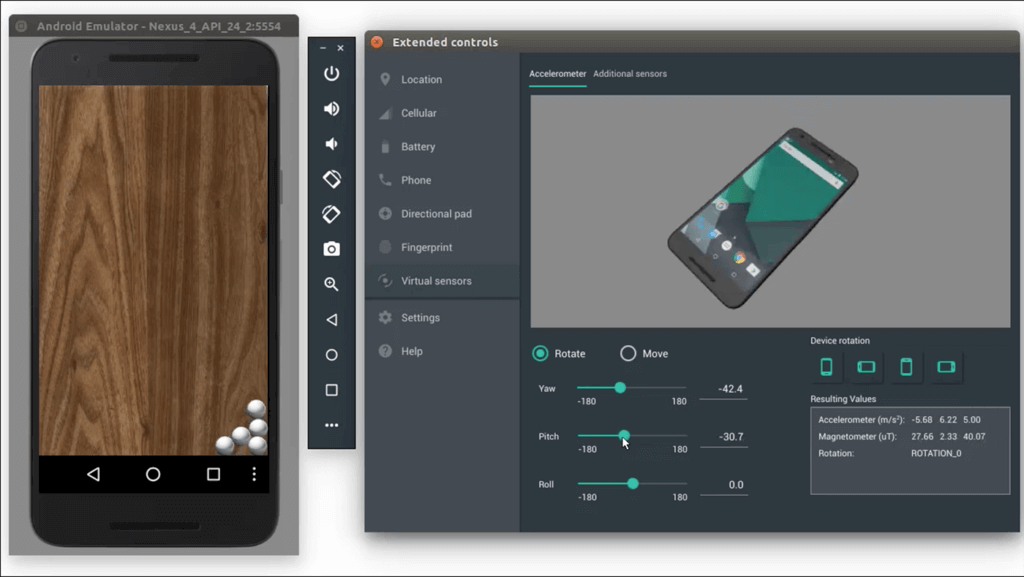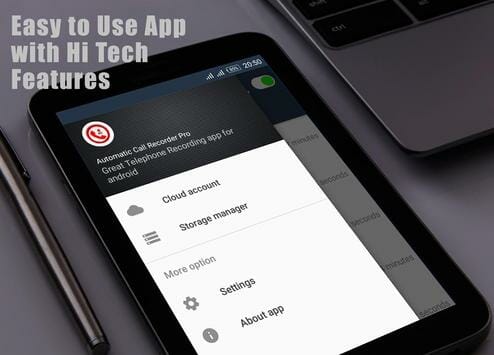Recent insights
AI in Healthcare: Transforming Diagnosis, Treatment, and Beyond
The Metaverse: Shaping the Future of Online Interaction
ISRO’s Odyssey: From Humble Beginnings to Lunar Triumph
The Power of UX Strategy: Creating Seamless and Impactful User Experiences
Software Architecture Planning: Building the Foundation for Scalable and Robust Systems
The Art and Science of Product Design: A Journey Towards User-Centric Innovation
The Future of Artificial Intelligence: Exploring Advancements and Ethical Considerations
The Blockchain Revolution: Transforming Industries Beyond Cryptocurrency
The Rise of Low-Code Development: Revolutionizing App Development for Non-Programmers
The UX Industry: Redefining User-Centered Experiences in the Digital Age

